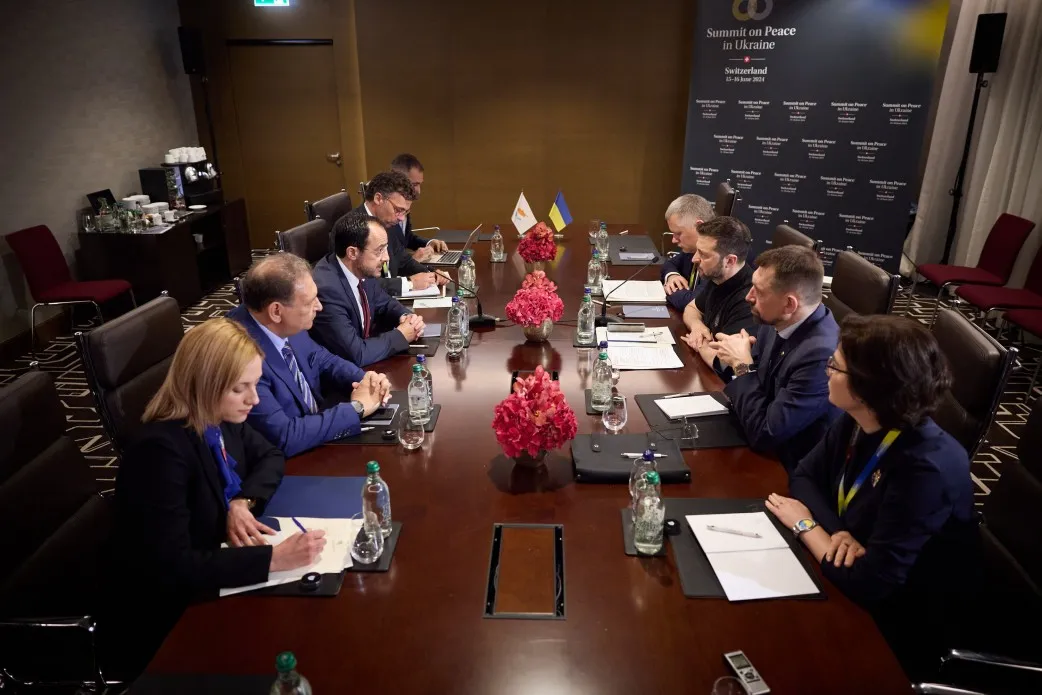After months of prep-work and organizing, the “Summit for Peace In Ukraine” has not brought peace any closer, and seems to have been a flop for Ukraine’s Western sponsors. While there were 91 countries in attendance, only a handful of those were at the level of head of state, most of which were from Europe. Argentina, Ecuador, Kenya and Somalia were the only nations from the Global South that sent heads of state, while many, such as China, sent no delegation at all. Even in the case of the U.S., President Biden was too busy to attend and sent Vice President Kamala Harris in his place—but she, too, left ahead of schedule after only a few hours attending, as did German Chancellor Olaf Scholz.
The final document was clearly a massaging of words and phrases in order to get as many of the participants to sign as possible, including not directly condemning Russia for allegedly invading Ukraine. Ultimately, fully 80 of the 91 countries attending did sign the document, whose major points included the territorial integrity of all states, the protection of nuclear power plants (since March 4, 2022 Russia has been running the Zaporozhye Nuclear Power Plant, providing power for Russians and Ukrainians amid attacks from the Kiev regime), the free flow of grain exports, and the release of prisoners and children held in Russia. India, Mexico, Saudi Arabia, South Africa, Thailand, the United Arab Emirates, Indonesia, Armenia, Brazil, the Vatican, Bahrain, Libya, and Colombia did not sign.
Swiss President Viola Amherd conceded at the conclusion of the conference, that “The discussions over the past two days have shown that there are different points of view.”
Indian Deputy Foreign Minister Pavan Kapoor stressed that India supports efforts for peace, but that “requires bringing together all stakeholders and a sincere and practical engagement between the two parties to the conflict.… Only those options acceptable to both parties can lead to a binding peace.”
The U.A.E. representative said that “Russia should also participate in such a summit.” Saudi Arabia’s Foreign Minister echoed that, saying “any serious process will require the representation of Russia,” and any meaningful progress “will require difficult compromise.”
Colombian President Gustavo Petro, who had planned to attend, announced the day before the conference that he had decided otherwise: “I am canceling my trip to a meeting in Switzerland and asking Europe to discuss how to end the war, not prolong it,” Petro said in a posting on X. The summit is not “a free forum for discussing the path to peace” he observed. “The conclusions are already predetermined.”
The Austrian Chancellor Karl Nehammer perhaps summed it up best. On the sidelines of the summit on June 15, he bemoaned the difficulty in front of them: “We are like in a Western echo chamber. We are all in agreement, but that is not enough. Without parts of Asia, Africa and South America, we will not be able to get the Russian Federation to change its mind,” he said.


